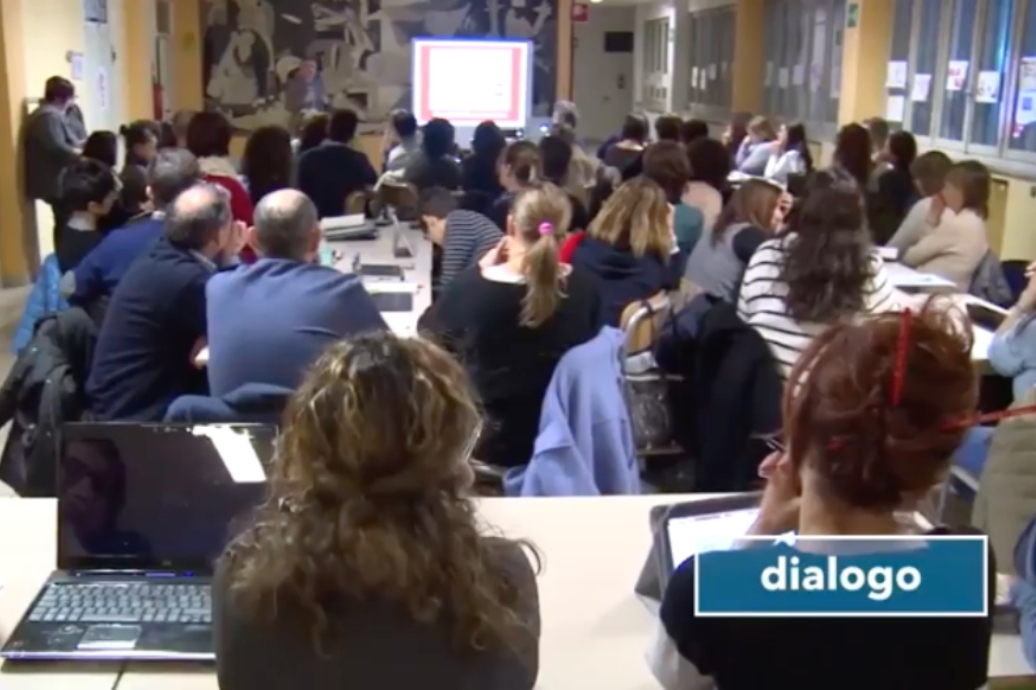
A network of solidarity, in the form of a network of friendly shopkeepers, allows children to be more autonomous, while bringing back social trust and strengthening community ties.
MANAGING THEIR OWN LIFE IS ESSENTIAL FOR CHILD DEVELOPMENT
Life experiences, such as discovery and exploration, are fundamental elements on the path of growth and maturation. When the city was smaller, parents had no qualms allowing their children more freedom and permitting them to go out. Today the world has changed, and the city has expanded. Surveys show there is substantial concern over letting children manage their way to school, or other activities, on their own. However, this does not mean a supportive and cooperative environment, which allows children to leave home, run small errands, or go to school without being accompanied, cannot be reconstructed.
SAFE HAVENS FOR CHILDREN ALONG THEIR ROUTES
The project aims to create a social network that allows primary and secondary school children to live peacefully and safely in their city, without the constant presence of adults. The shopkeepers participating in the initiative, as always present operators in the area, have become real points of reference for children who go to school alone. Parents know that along the way, their children can rely on them in case of need. Printed graphics indicate the "friendly shops" to the children – those neighbourhood shops to which they can turn to – to find help and reassurance.
A NEW TRUST ARISES
This proposal is part of the broader discourse of promoting a network of solidarity that favours the active involvement of young people, making the city more and more child-friendly and therefore safer for all. The 51 shopkeepers participating in the initiative are equally distributed throughout the city, and the parents have gotten to know them well. In this way, a powerful bond has developed between the children, their parents, and the "friendly" shopkeepers. Rediscovering territorial solidarity helps counter the relationship depersonalisation, social indifference, and isolation of today's societies. Moreover, the initiative has contributed to improving work-life balance, as many parents no longer feel compelled to accompany and pick up their children from school. It also results in less traffic congestion in the city near the school, as more and more children and young people have started to walk to school. Therefore, this project has helped to revive a healthy habit and improved quality of life. It has given new life to the neighbourhood and has been recognised and valued for its essential social contribution to the area.
This project is very important to involve the commercial activities of the city in the educational and social field. It allows shops to feel part of the city and to become one of the subjects of a social network of communities that makes them useful.





